Islamic State’s Designs in Iraq
Rajendra Abhyankar, former Indian ambassador to Syria, Turkey and Egypt, outlines what the Islam State's designs are in Iraq, and analyses how this could reshape the region
Professor, School of Public and Environmental Affairs, Indiana University
 Rajendra Abhyankar was the Indian Secretary of External Affairs from 2001-2004 and has served as the Indian Ambassador to the European Union, Belgium and Luxemburg, Azerbaijan, Turkey, Syria, and Cyprus. He was also the Consul General of India in San Francisco, California. He currently teaches at the School of Public and Environmental Affairs, Indiana University, Bloomington and was former Chairman of the Kunzru Centre for Defence Studies and Research, Pune.
Disclaimer: External experts are not affiliated with Gateway House and have been presented here for reference only.
Rajendra Abhyankar was the Indian Secretary of External Affairs from 2001-2004 and has served as the Indian Ambassador to the European Union, Belgium and Luxemburg, Azerbaijan, Turkey, Syria, and Cyprus. He was also the Consul General of India in San Francisco, California. He currently teaches at the School of Public and Environmental Affairs, Indiana University, Bloomington and was former Chairman of the Kunzru Centre for Defence Studies and Research, Pune.
Disclaimer: External experts are not affiliated with Gateway House and have been presented here for reference only.
India; International Relations

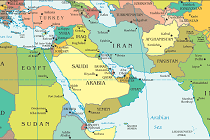 Courtesy: Wikipedia.org
Courtesy: Wikipedia.org
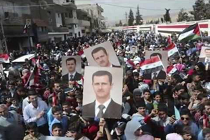 Courtesy: al Riyadh
Courtesy: al Riyadh

 Courtesy: Arian Zwegers/Flickr
Courtesy: Arian Zwegers/Flickr
 Courtesy: Ministry of External Affairs, India
Courtesy: Ministry of External Affairs, India
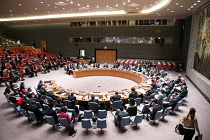 Courtesy: United Nations
Courtesy: United Nations
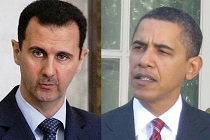 Courtesy: Freedom House/Flickr
Courtesy: Freedom House/Flickr
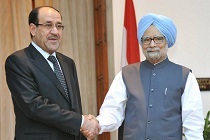 Courtesy: Ministry of External Affairs, India
Courtesy: Ministry of External Affairs, India
 Courtesy: MEAphotogallery/ Flickr
Courtesy: MEAphotogallery/ Flickr
